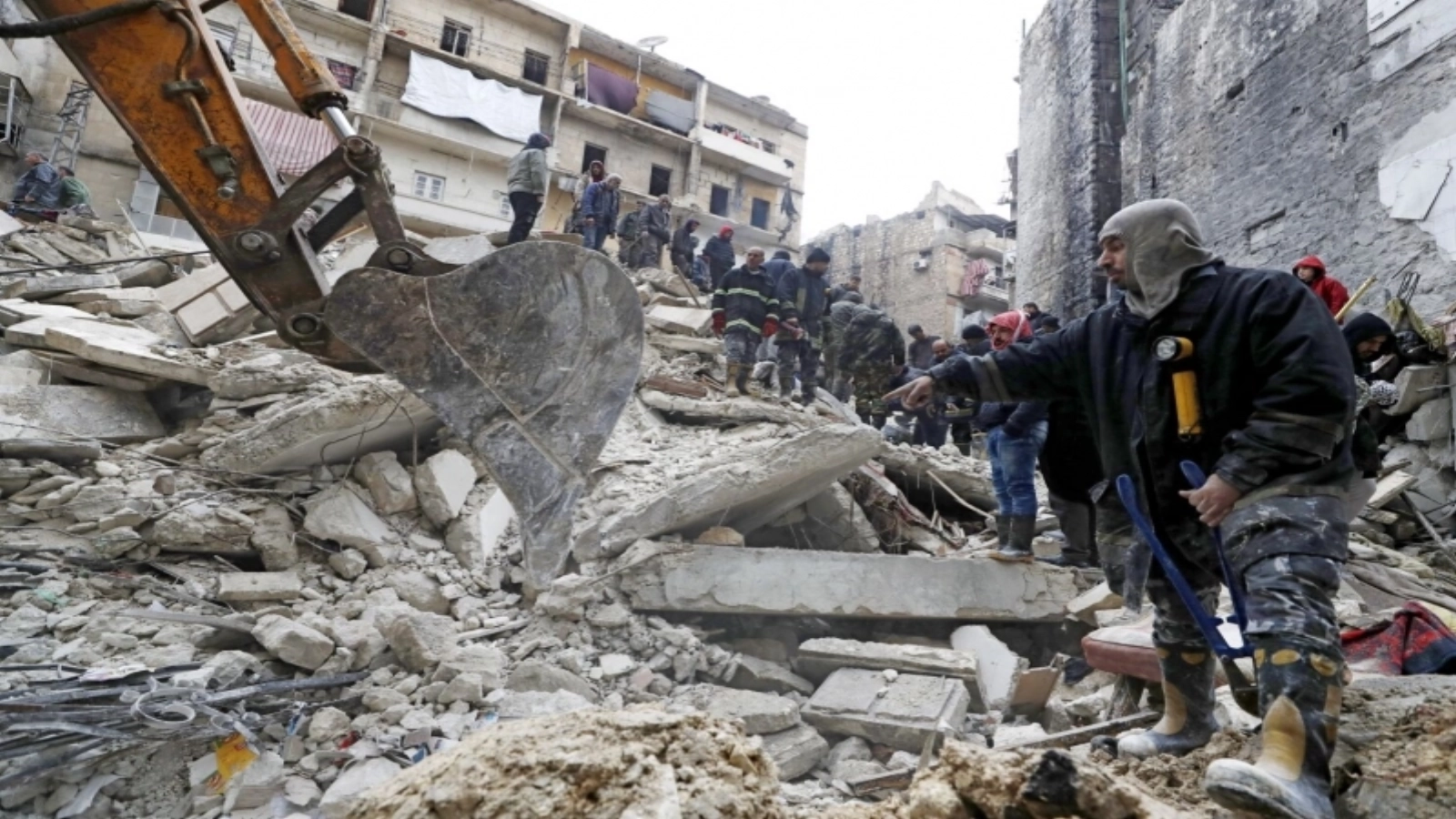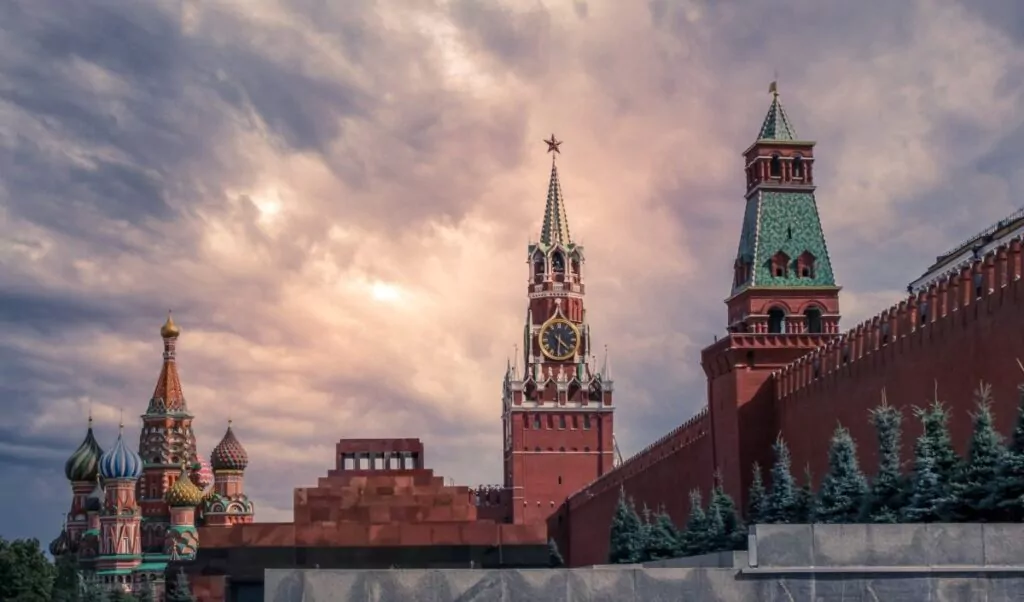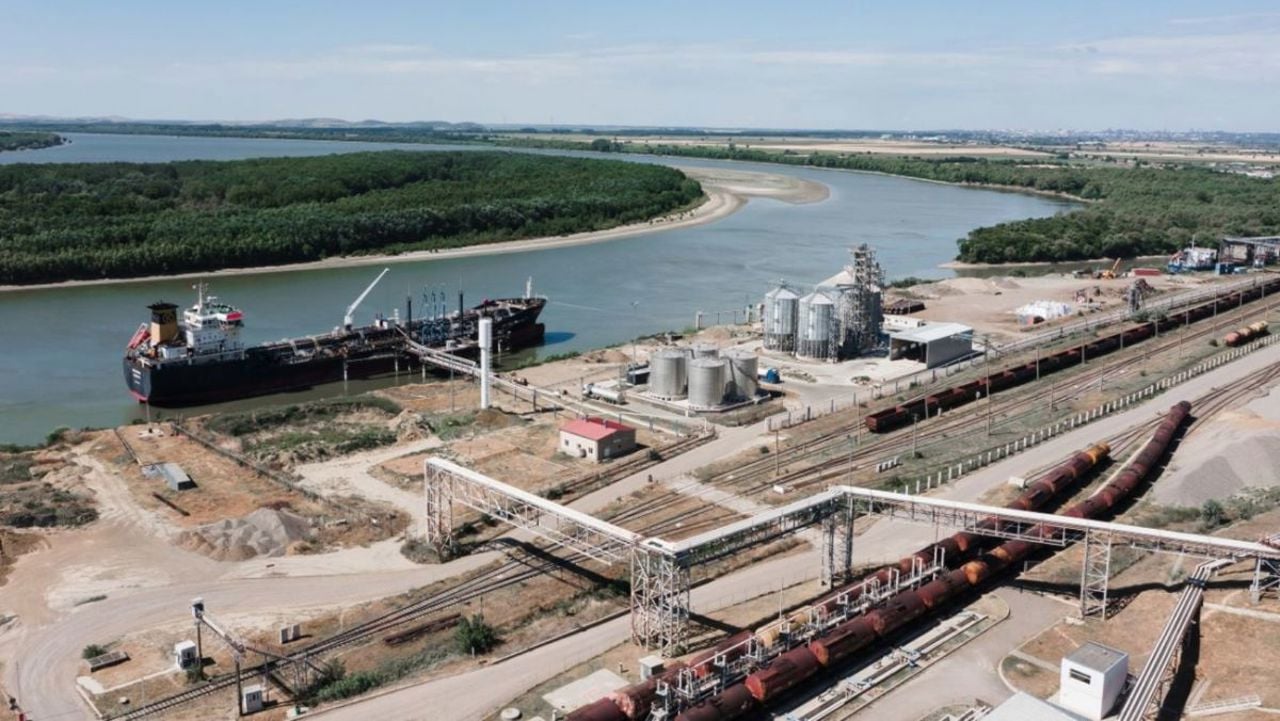On Monday, a 7.7 magnitude earthquake struck south-eastern Turkey, near the border with Syria. While the death toll continues to rise and search rescue operations drag on, countries in Europe and beyond are offering their assistance, told Agerpres.
The quake, which has cost thousands of lives so far, is one of the most devastating in the region in recent history. While Turkey is not a member of the EU and relations have not always been smooth, offers of assistance came quickly. Providing assistance for victims in Syria, however, may yet prove more difficult, with more than a decade of civil war making humanitarian access to many regions hard.
By Friday afternoon, the number of deaths in the aftermath of the earthquake and aftershocks along the Turkish-Syrian border had surpassed 22,000, as hopes of still finding survivors in the rubble faded by the hour.
Following the disaster, European Commissioner for Crisis Management Janez Lenarcic announced that the so-called EU Civil Protection Mechanism, through which other countries can request emergency assistance from the EU, had been activated.
The mechanism, established by the European Commission in October 2001, aims to strengthen cooperation on civil protection to improve prevention, preparedness and response to disasters between the EU Member States and 8 participating third countries (Albania, Bosnia and Herzegovina, Iceland, Montenegro, North Macedonia, Norway, Serbia and Turkey).
Turkey, soon after it was rocked by the earthquake, requested assistance through the mechanism. Following the request, the EU's Emergency Response Coordination Centre (ERCC) began to mobilize assistance and expertise.
On Wednesday, Syria also requested assistance by appealing to the EU's Civil Protection Mechanism. When Damascus made the move, Lenarcic said the European Commission was asking European countries 'to respond favorably to this request.'
The Syrian government launched an appeal to the EU to lift sanctions against the country. Lenarcic pointed out that the measures were introduced after the Syrian civil war erupted in 2011, and are targeted solely at the regime for its repression of the population. These sanctions would not hinder the delivery of humanitarian aid or emergency assistance, he assured.
The operations in Turkey and Syria are among the largest search and rescue operations ever launched under the EU's Civil Protection Mechanism. In addition, the European Union is releasing 6.5 million euros in emergency humanitarian assistance for the victims of the devastating earthquakes, the European Commission announced on Wednesday.
On Thursday, Commissioner Lenarcic traveled to Turkey to visit the affected areas. In the early afternoon, he arrived in Gaziantep, a city in the south-eastern part of the country near the epicenter of the earthquake.
European rescue squads join forces
The EU, together with other countries in Europe and beyond, responded with humanitarian aid from the onset of the emergency in Turkey and Syria.
Up until Thursday, European countries had deployed a total of 31 rescue teams and 5 medical teams, composed of over 1,500 rescue personnel and about 100 rescue dogs. The teams were dispatched from 20 European countries, including numerous EU member states, Albania, Montenegro and Serbia via the EU Civil Protection Mechanism.
On Monday, Romania was among the first countries to respond to Turkey's request for international assistance through the EU Civil Protection Mechanism. A comprehensive support team of 58 people has been deployed, the Romanian Department for Emergency Situations announced. On Wednesday, three military airplanes of the Romanian Air Force transported a rescue team, medical personnel, search-and-rescue materials and equipment, as well as basic supplies to Turkey. Currently, two support teams from Romania are present in Turkey.
Also on Monday, two Bulgarian military transport aircraft flew to the region hit by the disaster, carrying 73 rescuers and over 30 units of specialized equipment. On Wednesday, Sofia sent two teams of its Military Medical Academy, 58 firefighters and 12 rescuers to Turkey and, on Thursday, said it was ready to provide 30 more medics and secure one or two more flights to Adana on Saturday. The cost of these flights is to be reimbursed by the EU.
The spokeswoman of the Ministry of the Interior of the Slovak Republic, Zuzana Eliáová, said on Monday that Slovakia is sending ten members of its Fire and Rescue Corps (HaZZ) and five mountain rescuers with specially trained dogs to Turkey. Slovakia sent the aid in response to a request from the European Emergency Response Coordination Centre (ERCC). The deployment of the teams from HaZZ and the Mountain Rescue Service was supported by the European Union.
Slovenia sent a group of seven rescue dogs with handlers plus four assistants to Turkey on Tuesday. It also sent an expert to assist with coordination under the European Civil Protection Mechanism. Two more assessment and coordination experts from Slovenia are ready to depart if called upon.
Croatian Prime Minister Andrej Plenkovic stated that 40 rescuers from Croatia, including members of the Civil Protection Directorate, firefighting units and the Croatian Mountain Rescue Service (HGSS), had left for Turkey Monday evening.
The Council of Ministers of Bosnia and Herzegovina approved half a million euros from the state budget with the aim of repairing damages after the devastating earthquakes in Turkey. Around 100 members of civil protection have been sent to Turkey so far.
The Spanish Ministry of the Interior activated the Military Emergency Unit, personnel from the Community of Madrid and emergency air transport to support search tasks. In addition, a field hospital will be sent to the disaster area by the Spanish Agency for International Cooperation and Development.
Additional initiatives and future assistance
While rescue operations continue, local, national and international donor initiatives kicked off throughout Europe. Their aim is to provide Turkey and Syria with material aid, such as food, other goods and shelter.
In Bosnia and Herzegovina, several humanitarian organizations established emergency aid hotlines. Many people responded to the call for help and substantial donations were made, which will be directed to helping the victims of the earthquakes.
On Tuesday, Caritas Croatia - the Croatian branch of the Catholic international nonprofit organization for humanitarian relief and development assistance - started collecting donations for earthquake victims in Turkey and Syria. Caritas Internationalis and Caritas Europa are also involved in the efforts to help victims in Turkey and Syria.
Slovenian aid and charity organizations, including Unicef Slovenija, the Slovenian Red Cross and Caritas Slovenia, have also launched aid and donation campaigns.
Several donation campaigns were organized in Bulgaria to support the earthquake victims, through both social media and official institutions. Municipalities all over the country, as well as various civil and political organizations, started fundraising and volunteer campaigns to help.
In Romania, several tons of food, water and clothes, heaters and generators, hygienic and sanitary materials, powdered milk and diapers intended for victims in Turkey and Syria were collected to be sent to areas affected by earthquakes.
On Wednesday, European Commission President Ursula von der Leyen announced that the EU plans to host a donor conference in March to mobilize international aid for Syria and Turkey to deal with the devastating impact of this week's earthquake.
'We are now racing against the clock to save lives together. Soon we will provide relief aid, together,' von der Leyen wrote on Twitter.
The EU said the conference would be held early next month in Brussels in coordination with Turkish authorities to 'mobilize funds globally for the affected communities' of both countries.
The event is aimed at coordinating the international response to the disaster and 'will be open to EU member states, neighboring countries, UN members, international financial institutions and other relevant stakeholders' and international lenders, the European Commission stated.
The content of this article is based on news by AFP, AGERPRES, Belga, BTA, dpa, Europa Press, FENA, HINA, STA, TASR agencies participating in the enr.
































Comentează